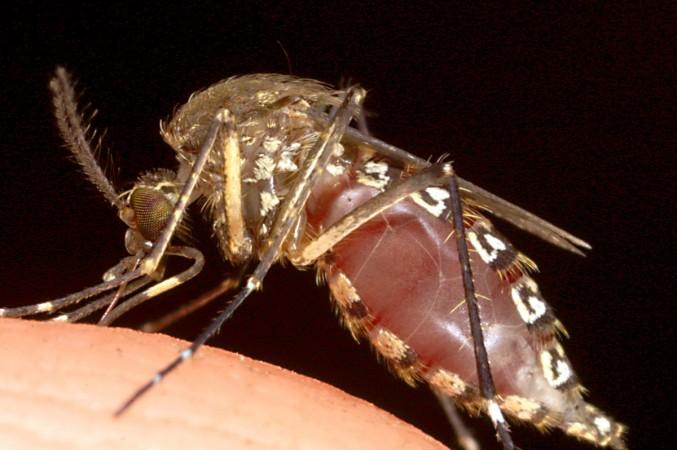
A seven-year-old boy diagnosed with West Nile Fever in Kerala's Malappuram district died on Monday. He was under treatment at Kozhikode Medical College for the last two weeks.
Mohammed Shan, a resident of AR Nagar in Vengara town, was on life support due to his deteriorating condition. He started showing little progress from Saturday and the doctors had said that the ventilator would be removed. But the condition worsened and he breathed his last on Monday.
After confirming the disease as West Nile Fever, a medical team from the Centre had conducted a thorough inspection at the boy's house and premises in Kozhikode. The team assessed that the virus infection was under control and there is no need for any concern as no other case has been reported.
What is West Nile Fever?
Typically a virus infection spread by the infected Culex mosquitos, West Nile Virus (WNV) spreads from birds to humans with the bite of an infected mosquito. This is mostly affected by people with a weak immune system.
How does it spread?
It is spread mostly through mosquito bites, but in certain cases, it has also been spread through blood transfusion and organ donation, times of pregnancy – while delivery or breastfeeding and even due to the exposure in a laboratory setting.
WNV is not spread through coughing, sneezing, or touching.
Most WNV cases are seen during mosquito seasons, starting from summer and continue through fall. There are no vaccines to prevent or medications to treat WNV in people. Fortunately, most people infected with WNV do not feel sick. About 1 in 5 people who are infected develop a fever and other symptoms.
About one out of 150 infected people develop a serious, sometimes fatal, illness, reports Centers for Disease Control and Prevention.
Symptoms of WNV
In most of the cases, there are no symptoms. However, sometimes the infected person develops a fever with other symptoms like severe headache, body pain, vomiting, convulsion, vision loss, diarrhoea or even rash.
In serious cases of WNV, it affects the brain and causes inflammation of the central nervous system (encephalitis) or inflammation of the membranes that surround the brain and spinal cord (meningitis).
Recovery from severe illness might take months and some effects are done to the brain can also be permanent and most of the patients, whose central nervous system are affected usually dies.
Diagnosis
If a person feels any of the above symptoms, it is better to have a physical check-up. Run a few laboratory tests for better confirmation.
Treatment and cure
As of now, there is no cure for the WNV infection as there are no specific vaccine or designated treatment. A person can opt for treatment to relieve fever and pain.
In severe cases, patients often need to be hospitalised to receive supportive treatment, such as intravenous fluids, pain medication, and nursing care.

















